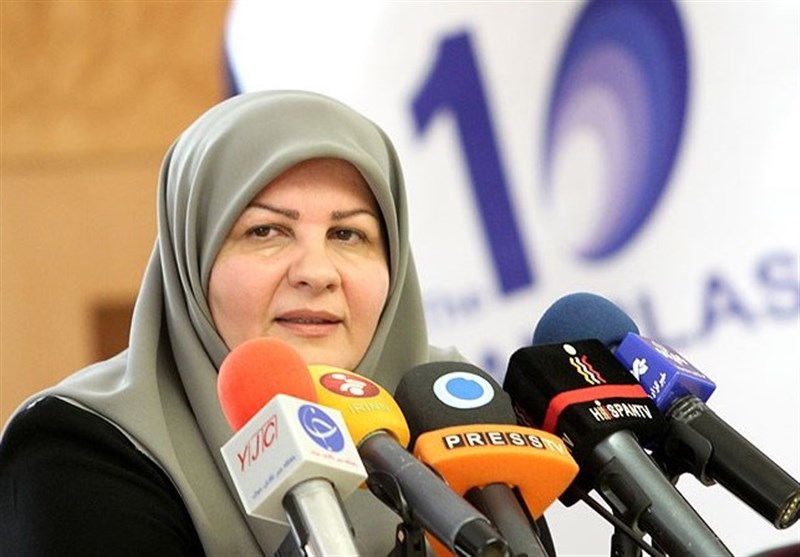NPC Wants China to Clear Petrochem Payments

EghtesadOnline: Tehran is expected to start talks with Beijing over deferred payments for import of Iranian petrochemical products, said Marzieh Shahdaei, chief executive officer of the National Petrochemical Company.
The government in China has recently ramped up an anti-graft campaign in its financial sector. The move, according to state news agency IRNA, has complicated money transfer for Iran's petrochemical sales as Chinese banks are wary of possible financial risks associated with dealing with some Iranian banks and companies subject to the remaining US sanctions.
It needs mention that Beijing has recently tightened its anti money-laundering regulations.
Nuclear-related sanctions against Iran were removed in January 2016 following an historic agreement with the six world powers. However, major lenders and multinationals have not yet resumed collaboration with Tehran due to the unilateral US restrictions related to other issues like development of ballistic missiles and alleged human rights issues, Financial Tribune reported.
Shahdaei said on Friday that Iran is keen on expanding petrochemical trade with the world's second-largest economy, but the money transfer issue should be dealt with at the ministerial level.
"The problem associated with China's payment for its petrochemical imports from Iran has now reached a point that requires negotiations between senior officials from both sides. We have taken some measures to this end and have also asked China's ambassador to tackle the issue," Shahdaei was cited as saying by IRNA.
"The subject is expected to be taken up with China's finance minister (Xiao Jie)," she added without providing details.
Domestic media outlets allied to the opponents of President Hassan Rouhani and his government claim China has blocked the entry of Iranian petrochemical cargo. Government officials have denied the assertion.
Payments for petrochemical sales to China “have not been blocked in Chinese banks. The delay in payment is because of stricter regulations that are now in place for transferring money from Chinese banks," Mehdi Sharifi Niknafs, head of Iran's Petrochemical Commercial Company said in a recent note.
The debate comes on the heels of a decision by the Financial Action Task Force (FATF) to extend the suspension of some of its restrictions against Iran.
Iran's Economy Ministry says the decision is good but simply not enough as Tehran was expecting to be removed from the blacklist.
FATF is seen as the international standard-setter in the fight against money laundering. China is Iran's largest export market for petrochemicals. Close to 40% of the petrochemical exports and 60-70% of its polymer shipments are destined for the world’s second-largest economy.
"China is too big a market to ignore," Sharifi Niknafs said. Iran exported 21.12 million tons of commodities, mainly oil and petrochemical products, worth $6.4 billion to China in the first quarter of 2017, according to a report by Iran-China Chamber of Commerce and Industries in June.
Oil and gas-rich Iran produced 50.61 million tons of petrochemicals in fiscal year 2016-17 that ended in March, of which 20.3 million tons, worth $9.5 billion, were exported, government data shows.


